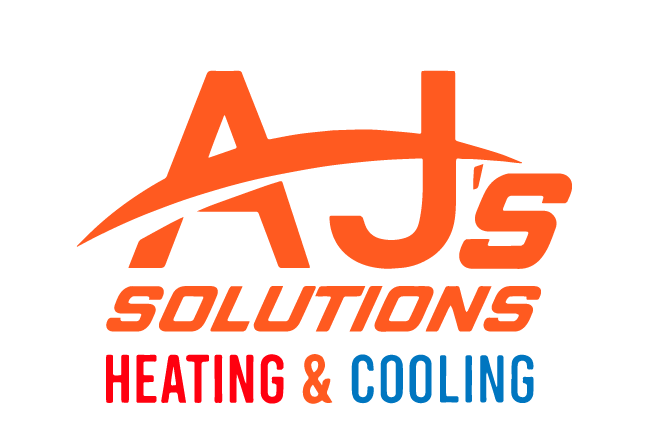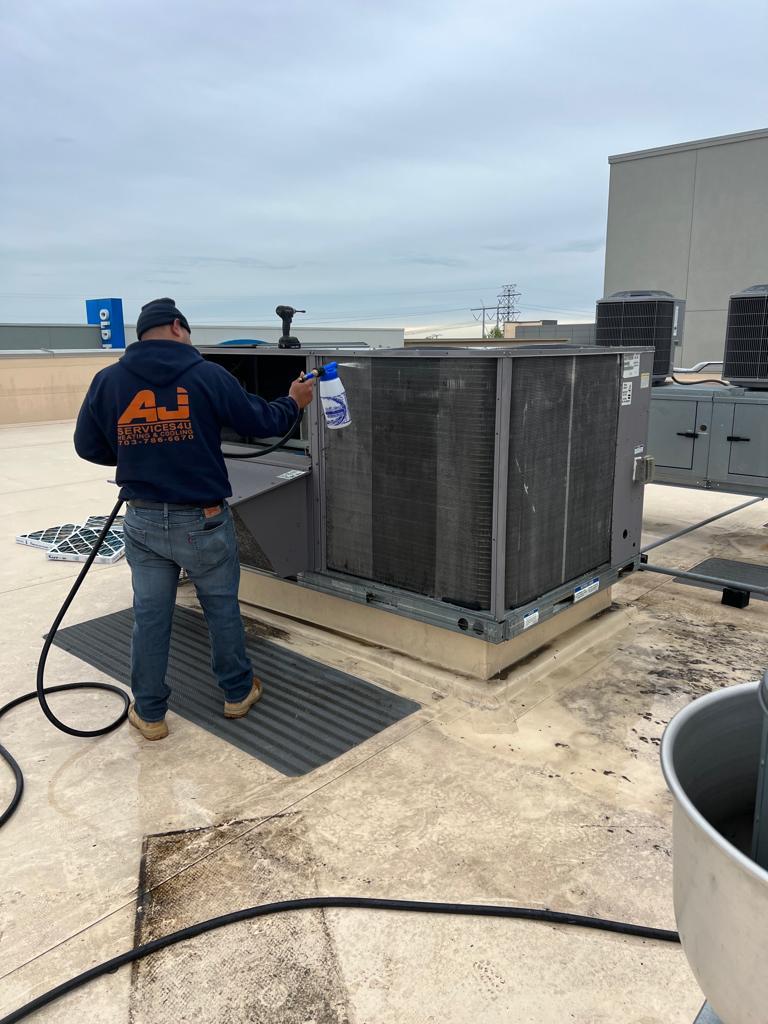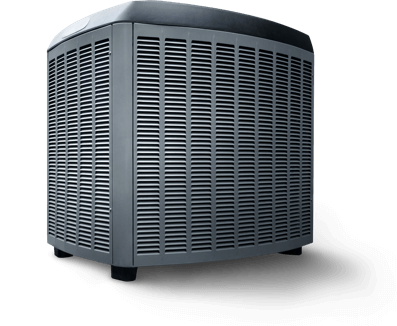Winter HVAC Checklist for Commercial Property Managers.
As winter approaches, it’s essential for commercial property managers to ensure that their HVAC systems are prepared to handle the colder months. Properly maintaining your system before temperatures drop can prevent costly breakdowns, keep tenants comfortable, and reduce energy bills. Here’s a comprehensive checklist for commercial property managers to follow, covering everything from inspections to emergency preparedness.
1. Schedule a Professional HVAC Inspection
Before winter sets in, arrange for a thorough HVAC system inspection by a professional technician. Regular inspections can help identify potential issues before they escalate, ensuring your system is ready for the season.
- Check heating elements: Ensure that all heating elements, such as heat exchangers and burners, are clean and functioning efficiently.
- Inspect ductwork: Look for any leaks, blockages, or areas where heat may be escaping.
- Check thermostat settings: Verify that programmable thermostats are working correctly and set to energy-saving temperatures.
2. Clean or Replace Air Filters
Clogged air filters reduce airflow, forcing your HVAC system to work harder and increasing energy consumption. Changing filters regularly is an easy way to maintain efficiency and improve indoor air quality.
- Monthly filter checks: Replace air filters every 30 to 90 days, depending on the system and usage levels.
- Use high-efficiency filters: Consider upgrading to HEPA filters for improved filtration of airborne particles, especially in high-traffic areas.
3. Check and Adjust Thermostat Settings
Optimizing thermostat settings can save energy and reduce wear and tear on your HVAC system. Set programmable thermostats to maintain comfortable temperatures during business hours and reduce heating during off-hours.
- Energy-saving settings: Program thermostats to lower the temperature in unused areas and during non-business hours.
- Smart thermostats: Consider installing smart thermostats that can be controlled remotely and adjusted based on occupancy.
4. Inspect and Clean Heating Coils
Dust and debris can accumulate on heating coils, reducing efficiency and causing the system to overheat. Ensure that heating coils are clean and in good condition before heavy use in winter.
- Coil cleaning: Have heating coils professionally cleaned as part of your pre-winter maintenance routine.
- Inspect for damage: Check for signs of wear or damage on coils that could affect heating performance.
5. Seal and Insulate Ductwork
Leaky or uninsulated ducts can lead to significant heat loss, reducing the effectiveness of your HVAC system and increasing energy costs. Properly sealing and insulating ducts is key to efficient heat distribution.
- Duct sealing: Inspect ductwork for gaps or leaks and seal them to prevent heat loss.
- Insulation: Add insulation to ducts in unheated areas like basements or crawl spaces to retain heat and improve efficiency.
6. Test and Service Emergency Heating Systems
Ensure that backup or emergency heating systems, such as boilers or space heaters, are in good working condition. These systems may be necessary if your main HVAC system encounters issues during the coldest months.
- Test emergency systems: Run tests on backup heating systems to ensure they are operational in case of an emergency.
- Emergency plan: Have a plan in place to quickly address heating failures, including emergency contacts for repair services.
7. Evaluate Energy Efficiency Upgrades
Winter is a great time to consider HVAC system upgrades that can improve efficiency and reduce long-term costs. Look into energy-efficient solutions that can save money while keeping your building warm.
- Energy-efficient systems: Consider upgrading older HVAC systems to newer, more efficient models that can handle the demands of a large commercial property.
- Supplemental heating: Install zone-based heating systems or heat pumps for more targeted and energy-efficient heating.
8. Monitor Humidity Levels
Proper humidity control is essential in maintaining a comfortable environment during winter. Low humidity can cause discomfort and affect indoor air quality, while excess humidity can lead to mold growth.
- Install humidifiers: Add humidifiers to your HVAC system to maintain optimal indoor humidity levels (between 30% and 50%).
- Regular monitoring: Monitor humidity levels in the building to ensure a comfortable environment for tenants and employees.
9. Stock Up on Spare Parts and Supplies
Prepare for potential HVAC system issues by keeping essential spare parts and supplies on hand. Having replacement filters, thermostats, and other critical components available can help reduce downtime during repairs.
- Filters and belts: Keep an inventory of replacement filters, belts, and other parts that may wear out over time.
- Emergency kits: Stock emergency repair kits to handle minor HVAC issues without waiting for a technician.
10. Have an Emergency Response Plan
Even with the best preparation, emergencies can happen. Ensure your team is ready to respond quickly to any HVAC issues that arise during the winter months.
- Emergency contact list: Create a list of trusted HVAC repair professionals available 24/7 for emergencies.
- Tenant communication: Develop a communication plan to quickly inform tenants of any HVAC outages and expected repair timelines.
Keep Your Commercial HVAC System Winter-Ready
By following this comprehensive HVAC checklist, you can ensure your commercial property stays comfortable and energy-efficient throughout the winter months. Preventative maintenance and regular system checks are essential for avoiding costly repairs and ensuring tenant satisfaction.
Need help preparing your commercial HVAC system for winter? Contact AJ Solutions today to schedule an inspection and make sure your system is winter-ready.


